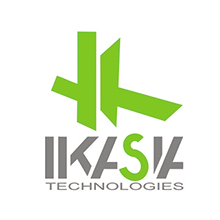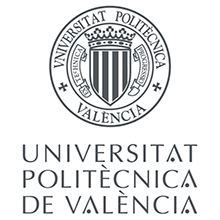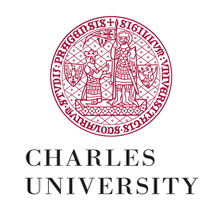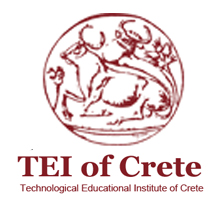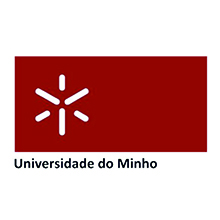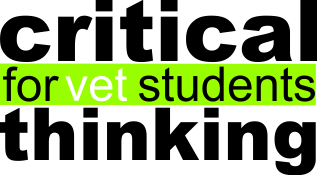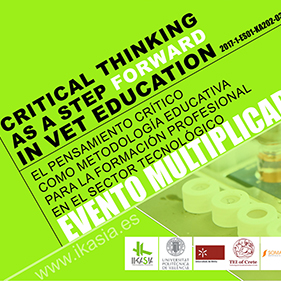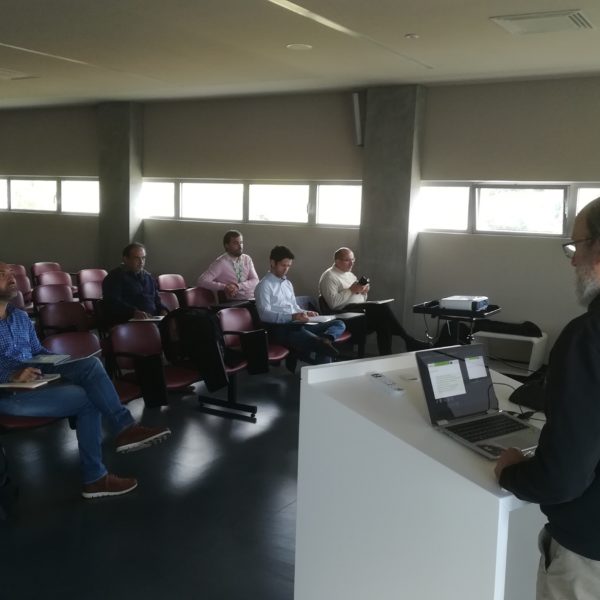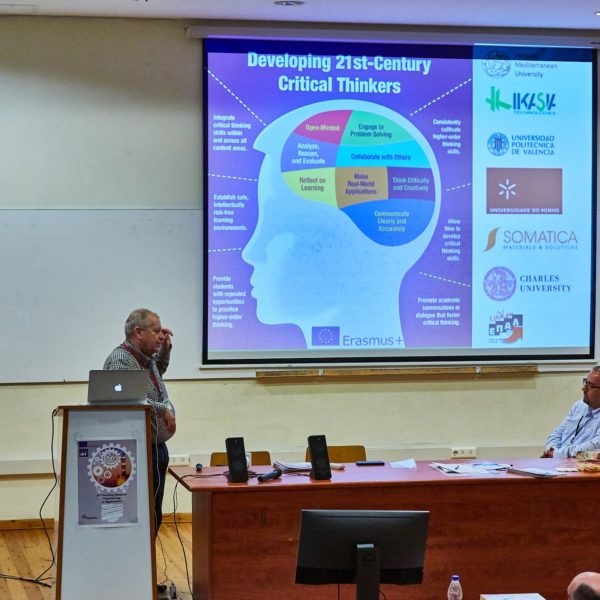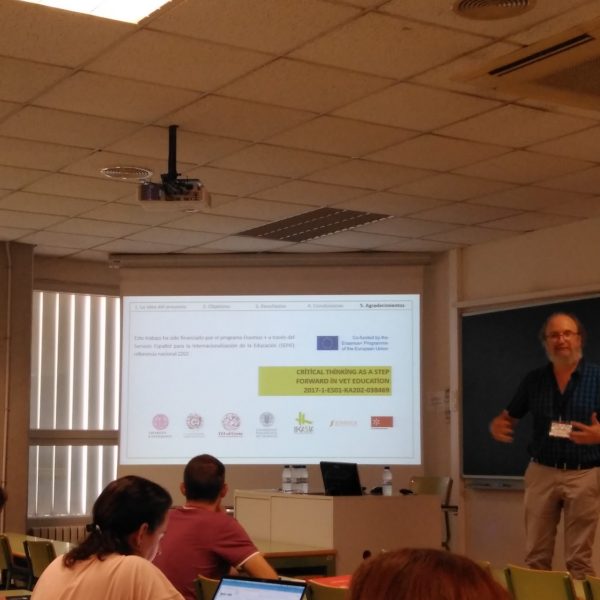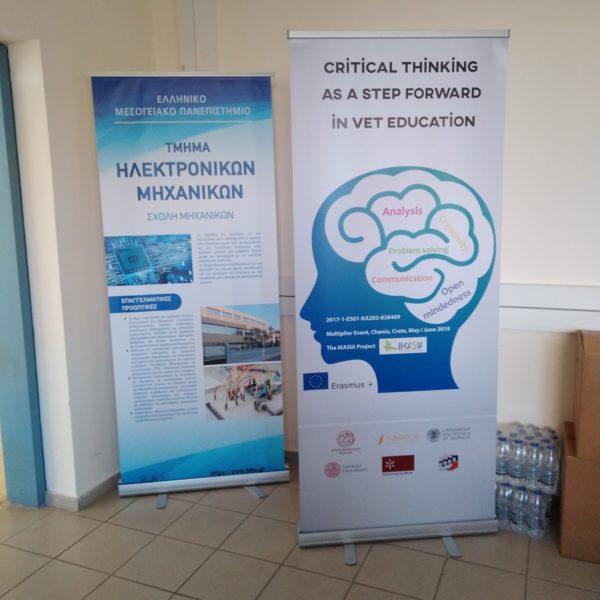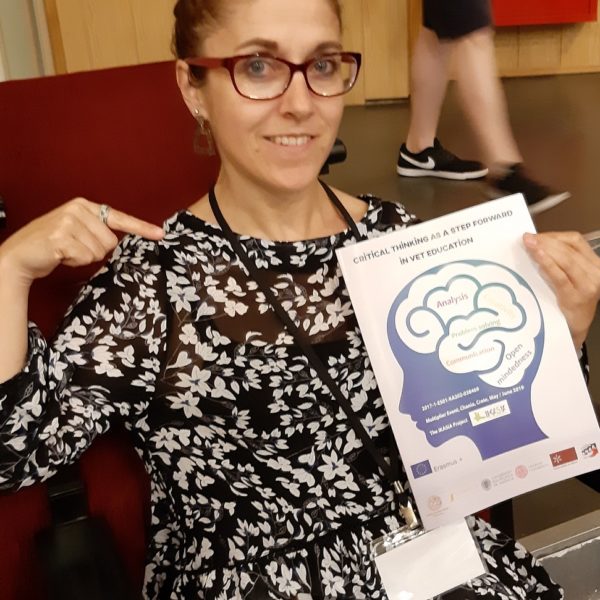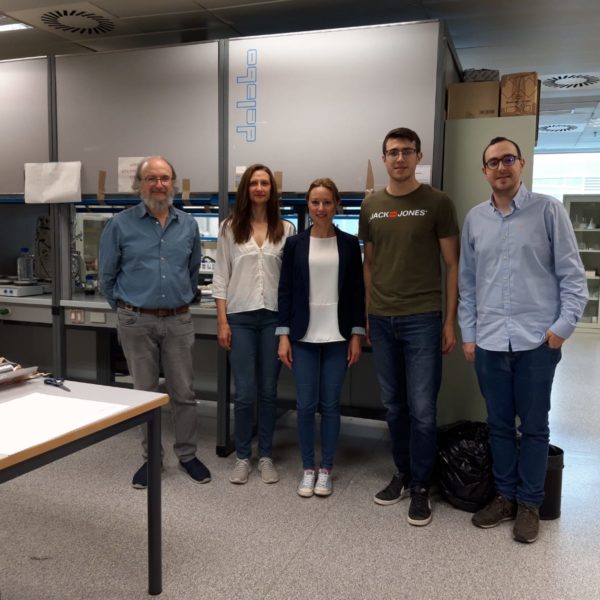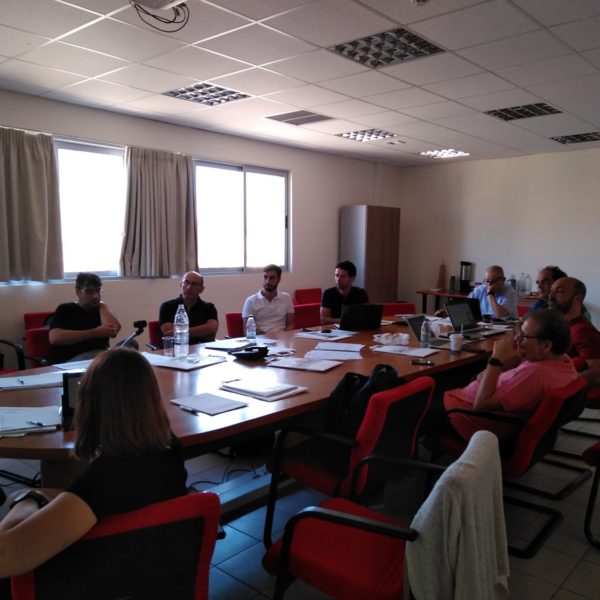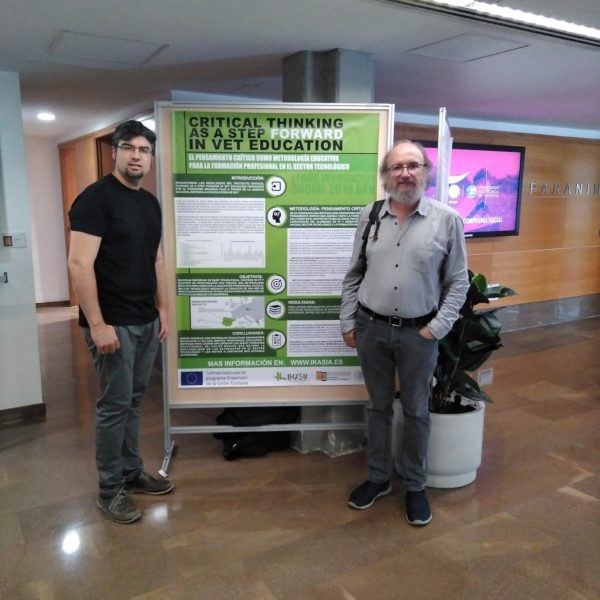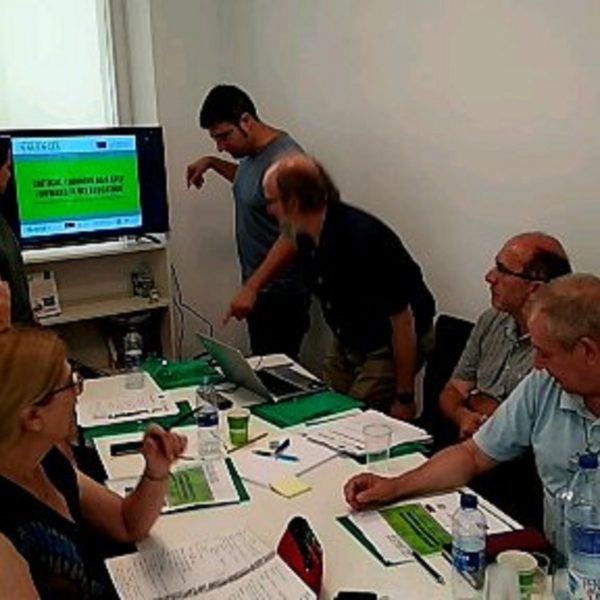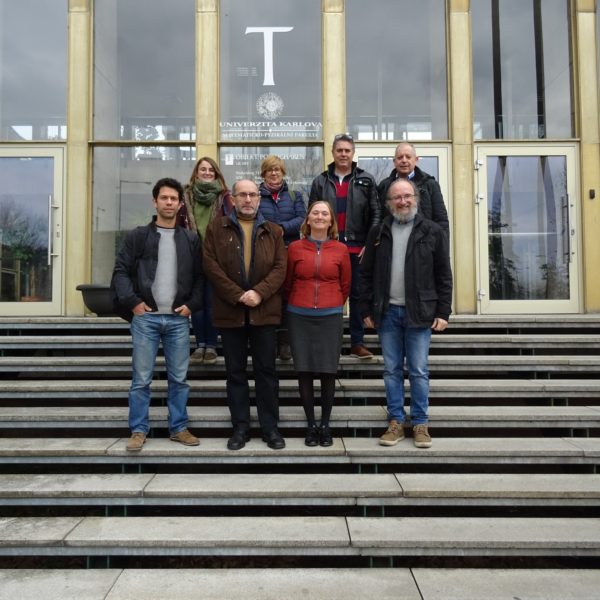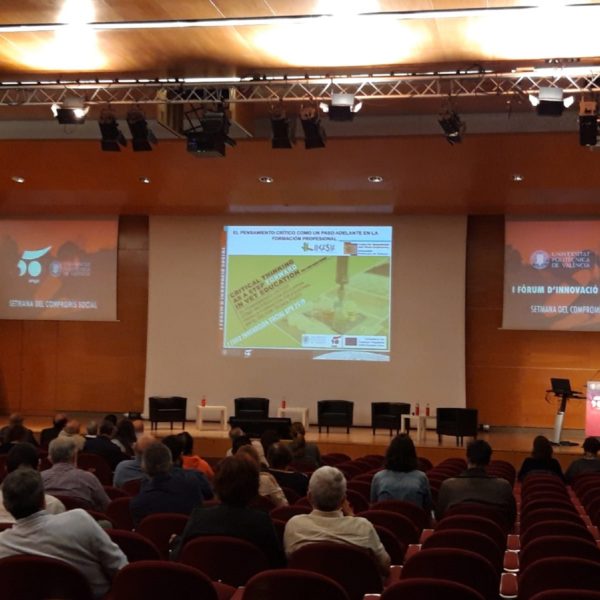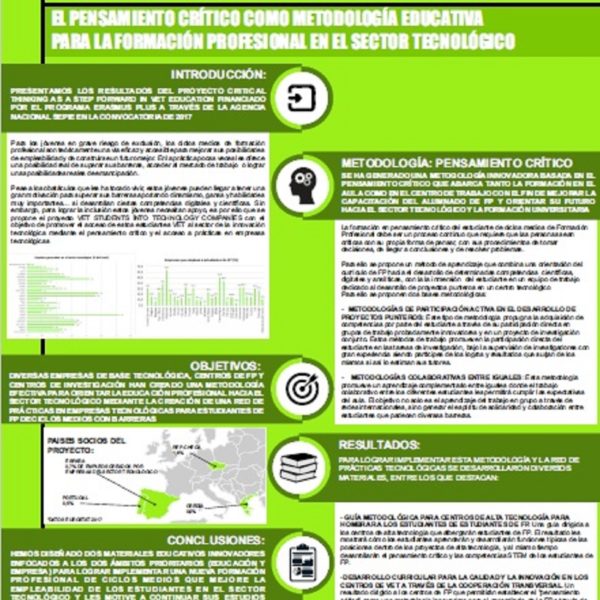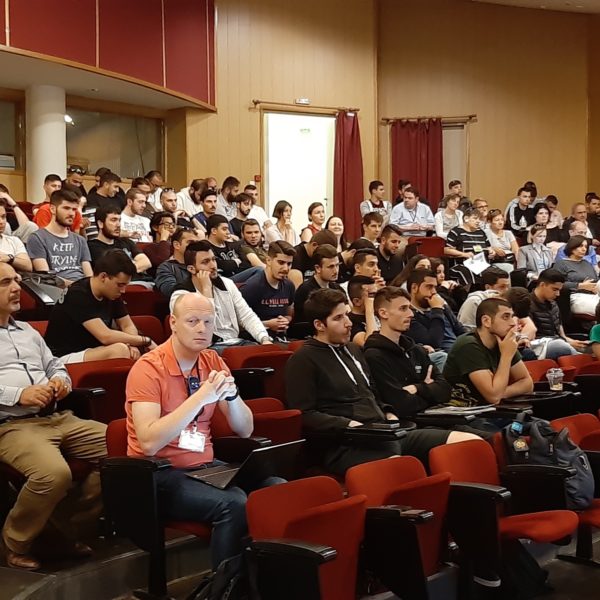| The severe COVID-19 pandemic has caused dire health, economic, social, and political consequences in the short and medium term. After coronavirus, changes to the workplace and education are going to be significant. The lines of work established by the different European governments advocate decisively on teleworking, but this requires completely new skills from the worker, for which they have not been trained: initiative, responsibility, self-management... especially in the technology sector where responsibility and demand is much greater. In the educational field, measures are being structured to promote virtual learning, especially in the field of Vocational Training, facilitating combined and virtual mobility as an alternative to on-site learning, as response mechanisms to new waves of COVID-19, but also as learning mechanism for the new work environment that is expected to be established in the future. These measures, however, are not easy to implement and require creating new tools, or adapting existing ones to totally new methodologies to which neither companies nor students and teachers are used to. This is especially important in a sector as dynamic and complex as technology, and more so when it directly impacts young persons in a situation of exclusion. These VET students find even more barriers in situations like the one we are living, which make it difficult for them to participate in innovative internships that require specific equipment and training. This is why the Erasmus Plus Project “VIRTUAL INTERNSHIPS IN TECH CENTERS” have had the objective to promote the inclusion and employability of vocational training students at risk of social exclusion through the creation of mechanisms that allow them to carry out virtual internships in high-tech centers and develop critical and scientific thinking. All this to respond to the terrible situation derived from the COVID19 pandemic, which will promote teleworking and greater digital training. Through this project we have gone one step further into a new model of joint work between vocational training centers and technology companies. This will promote the students’ access to the technology sector, especially to those with obstacles, and will directly involve teachers and educational establishments in cutting-edge research projects. |
ACHIEVEMENTS AND BENEFICIARIES
The students who belong to groups at risk of exclusion, they do not usually complete VET studies and those who get it hardly get jobs related to these. It is necessary to promote the inclusion of these students by giving them meaningful tools to offset the serious obstacles that they have. Research can be a good way for it.
OUTPUTS AND OTHER RESULTS
The project’s outcome results created seek to implement an intersectoral educational methodology for VET centers that promotes the training of students, especially those with economic and ethnic barriers, through their participation in high technology centers and critical analysis. There are 3 types of results: Intelectual outputs, tangible results and structural results.
IMPLEMENTATION ACTIVITIES
The project have had a strong implementation phase. It has allowed the partnership to develope more results than requested.To create those results, 4 transnational meetings have been held. In addition of various national activities for the creation of results, virtual activities, billateral meetings, meetings with experts and advisors, as well as several visibility meetings.
DISSEMINATION ACTIVITIES
The dissemination phase has been one of the great successes of the project, thanks to the definition of a DISSEMINATION PLAN that you can find here. This phase has included 2 multiplier events, 3 large dissemination activities and more than 25 activities in 22 countries in which more than 80 entities participated.
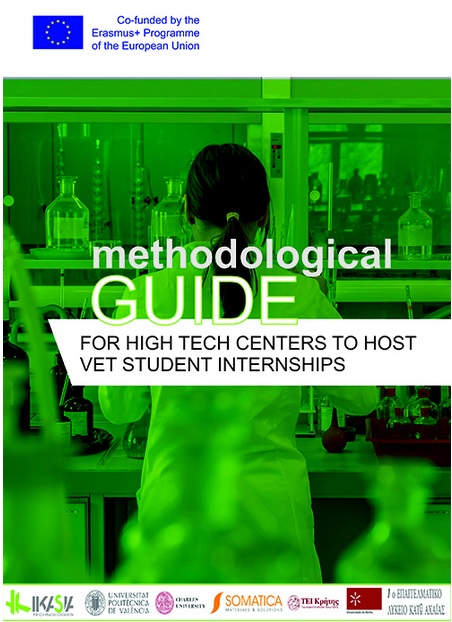
FOR TECHNOLOGICAL CENTERS
IF YOU ARE A TECHNOLOGICAL CENTER THAT WANTS TO WELCOME VET STUDENTS VET students with fewer opportunities are enthusiastic and enterprising people, capable of providing enthusiasm and effort when they are offered a real opportunity to overcome their barriers. Despite the difficulties and deficiencies they may have, they represent an important asset capable of providing dynamism to their technological center or technology-based company. In order to help you discover the possibilities and facilitate the participation of Vet students in your…
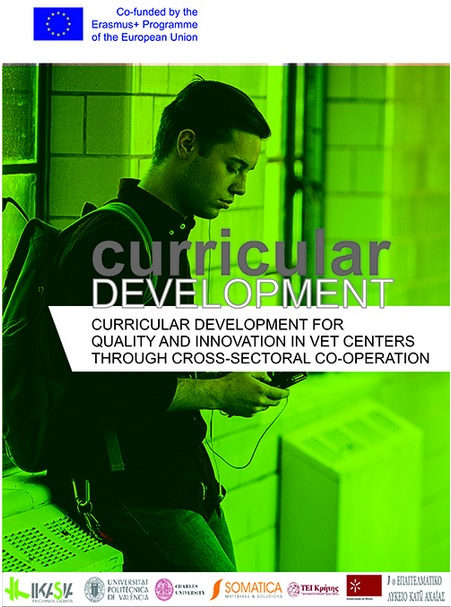
FOR VET CENTERS
IF YOU ARE A VET CENTER INTERESTED IN THE EMPLOYABILITY OF YOUR VET STUDENTS IN TECHNOLOGICAL SECTOR… In Europe there have been three basic vocational training models, on which current systems have been shaping (Great Britain, France and Germany). These models are based on the will to provide citizens with specific productive processes rather than theoretical ones . However, this educational process poses problems for VET students when they want to continue to higher education (university) due to the methodological…
NEW OPPORTUNITIES FOR VET CENTERS TO IMPROVE THE EMPLOYABILITY OF VET STUDENTS
Participating in this network will offer VET centers the possibility of offering students with less opportunities: New employment opportunities and emancipation, developing skills, experiencing adult life and improving their employability in technological sector
A NEW VISION FOR TECHNOLOGICAL CENTERS
VET students with fewer opportunities are enthusiastic and enterprising people, capable of providing enthusiasm and effort when they are offered a real opportunity to overcome their barriers. Despite the difficulties and deficiencies they may have, they represent an important asset capable of providing dynamism to their technological center or thecnology-based company.
PROMOTING INCLUSION
The INCLUSION and the overcoming their barriers through their integration in new and adapted labour environments where they will be valued by their abilities, leaving personal barriers behind and facing their own fears.
CURRICULAR PROMOTION
The CURRICULAR PROMOTION, by offering them a labour experiencie that will mark their future, encouraging them to keep studying and providing tools to the for more opportunities to get better job positions.
«El asunto es muy importante. Es de gran y general interés que sobre estas cuestiones se hable y se actúe. En este sentido, de fondo, la comunicación resulta de relevancia y merece que se difunda.»

Reviewer 1 from IN-RED scientific committee 2019
«Es un trabajo interesante y su exposición es necesaria y conveniente, dado que recoge los resultados de un proyecto europeo.»

Reviewer 2 from IN-RED scientific committee 2019
«Es muy interesante y sólida»

UPV editorial committee
«La inclusión de alumnos de FP en prácticas en empresas es esencial para conseguir de verdad la integración laboral. Las prácticas ya se hacen, pero la falta de acceso a centros tecnológicos hacía necesario proyectos como éste. Y, sobre todo, el proyecto colectivo, el formar parte de un grupo de trabajo, el desarrollo del pensamiento crítico, es el camino que puede convertir al profesional en algo más que mano de obra. Importantísima la implicación de las empresas con los estudiantes. Espero que se extienda, es un gran proyecto.»

Antonio Gómez Ribelles – Teacher of the IES Isaac Peral
«Me parece un proyecto tremendamente interesante.
Uno de los mayores déficits de la estructura educativa es a veces su falta de conexión con la realidad y con el pensamiento crítico que pueda llevar a mejorar las sociedades sobre las que se trabaja. El proyecto incide sobre estos dos pilares y debe ser un proyecto a desarrollar y ampliar.
La respuesta del alumnado que ha participado en las charlas sobre el proyecto así lo demuestra.»

Florentina Celdrán Martínez – Teacher of the IES Isaac Peral
«The guide provides a very interesting introduction of the concept of “critical thinking” together with its relationship with educational procedures. Regarding the implementation of “critical thinking” principles in the design and the realization of an internship in a technological center (TC), I think that the suggestion of specific templates for a student laboratory notebook and for a tutor’s notebook is of high importance and very helpful.»

Apostolos Kyritsis – Assistant Professor of the National Technical University of Athens
«There is no doubt that beyond professional and technical training, they key aspect to the successful integration of people in high technological teams is in need of a number of skills that are not currently considered. Creativity and rigour to tackle problems are very much embedded in the general concept of ‘critical thinking’. This project has rigorously assemble the pillars to help both VET students and technological centres develop their skills to immerse students in high tech companies and research centres. Key concepts are elaborated and clearly presented and discussed, and the selection of practical cases is astonishing. I am very happy to see the successful completion of this project developed by colleagues with diverse backgrounds working together to deliver critical thinking into an important part of the society.»

Professor Manuel Salmeron-Sanchez – Head of Division of Biomedical Engineering School of Engineering University of Glasgow
«Después de haber conocido el proyecto «El pensamiento crítico como un paso adelante en la educación de FP. Estudiantes de FP inmersos en equipos de alta tecnología (Critical thinking as a step forward in VET education. VET students immersed in high technology teams)» liderado por Ikasia Technologies SL, considero que los resultados obtenidos en este proyecto presentan un gran interés de cara a la formación de los estudiantes de Formación Profesional, al ofrecerles la oportunidad de involucrarse laboralmente en un centro de investigación y/o empresa tecnológica de primera línea. Las experiencias y conocimientos que estos estudiantes pueden adquirir en estos entornos laborales les proporcionan un valor añadido a su formación académica, que les puede permitir integrarse con buenas garantías de éxito en el mundo laboral, así como servirles de elemento motivador.»

José Antonio Gómez Tejedor – Headmaster of the Centre for Biomaterials and Tissue Engineering
«Desde el IES Politécnico de Cartagena, recibimos con muy buenas expectativas la iniciativa de IKASIA Technologies y la Politécnica de Valencia en tanto al trabajo con alumnos de Formación Profesional en un entorno puntero donde se estimule el pensamiento crítico en grupos dispares de trabajo.
Nos parece un punto muy importante y que nos toca de lleno; la inclusión de aquellos alumnos con dificultad para completar sus estudios por pertenecer a un entorno social desfavorecido o en riesgo de exclusión.
Por otra parte, las actividades de diseminación por gran cantidad de escenarios y acompañadas del uso de redes sociales y herramientas como Etwinning, dotan a este proyecto de gran efectividad.
Por último, los resultados, por fin, son no solo sobre el papel sino tangibles y de pleno uso, tal como muestran las actividades desarrolladas y la creación de la red de empleabilidad o posibles prácticas para estos alumnos.
en resumen, una excelente oportunidad de tener otra herramienta para los centros educativos, para los alumnos como individuo y para el desarrollo de grupos de pensamiento crítico en empresas con inquietud.»

IES POLITÉCNICO DE CARTAGENA
«Os felicito por el trabajo. Es una gran idea. Además, hay varios casos prácticos que es lo que normalmente es difícil de encontrar en estos temas. Casi todo es siempre muy teórico.»

Jorge García-Serra García – Headmaster of the School of Industrial Engineering
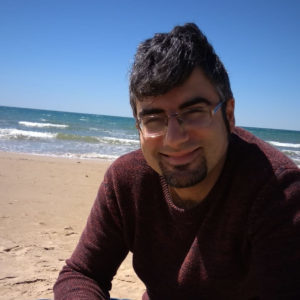
Luis Gómez Estrada
Luis Gómez Estrada, was born in Valencia in 1980, with a Bachelor’s degree in Industrial Design by “Universidad Politécnica de Valencia”, experienced in the research field at the “Instituto de Biomecánica de Valencia” (UPV). Actually is CEO of Ikasia technologies and has experience as head of the 3D department in an engineering services companies. He has a broad experience in European and international project’s management and coordination.

José Luis Gómez Ribelles
José Luis Gómez Ribelles is a full professor at the Universitat Politècnica de València, carrying out his research work at the Centre for Biomaterials and Tissue Engineering, CBIT, of that university. He is currently the principal investigator of one of the research units of the CIBER-BBN of the Instituto de Salud Carlos III. His current line of research focuses on the development of biomaterials for tissue engineering and regenerative medicine.
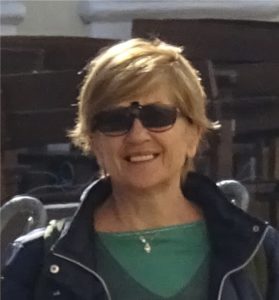
Mª Concepción Solano Martínez
With a degree in English and German studies (University of Valencia, 1980), I have worked as a secondary school teacher (retired 2018). I have always had a strong interest in methodology. I worked for a school term in Beaconsfield grammar School as an exchange teacher. Member of the work team for the elaboration of the curriculum of the program “Integrated curriculum mec-British council”. I have also been a teacher trainer for the Teaches and Resources Centre in Murcia.

Panagiotis Chatzipapas
Panagiotis Chatzipapas is agronomist. He studied Agricultural Biotechnology at Agricultural University of Athens and he did his Master in Applied Biology and Biotechnology at faculty of Biology in the University of Patras. He teaches agriculture at 1st Epagelmatiko Lykeio Kato Achaias and he is the head of Agriculture, ICT and Economy sector. A very important part of his activity in VET, is to design and implement training projects for students and teachers in VET.
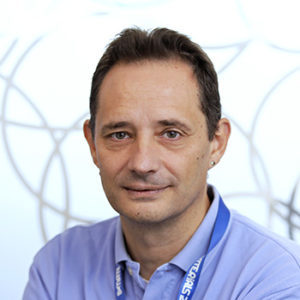
Senentxu Lanceros
Lanceros-Mendez is Ikerbasque Professor at the BCMaterials, Basque Center for Materials, Applications and Nanostructures, Leioa, Spain, where he is the Scientific Director. He is Associate Professor at the Physics Department of UMinho, Portugal, where also belongs to the Center of Physics. From 2012 to 2014 he was also Associate Researcher at the INL. His work is focused in the area of smart and multifunctional materials for sensors and actuators, energy and biomedical applications.
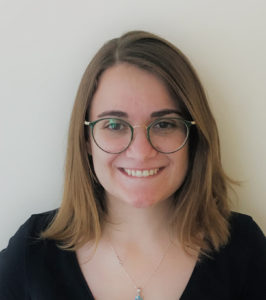
Sandra Clara Trujillo
Sandra Clara is a phD student at the Universitat Politècnica de València. She received a bachelor´s degree in Biotechnology from Universitat Politècnica de València and a master’s degree in Molecular Approaches in Health Sciences from Universitat de València. Currently her doctoral thesis is related with tissue engineering of the bone marrow and the study of drug resistance in mutiple myeloma.
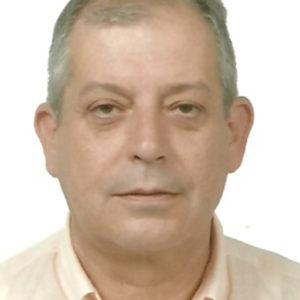
Yiannis Kaliakatsos
Prof. Ioannis (Yiannis) A. Kaliakatsos was professor in Electronics in TEI of Crete (now Hellenic Mediterranean University), (1986-2018). Now is Prof. Emeritus in the same University. He has a BSc in Physics, an MSc in Electronics and a PhD in Solid State Electronics, all from the University of Athens Greece.
He has a long experience in Erasmus Projects since 1991 and he was coordinator in many National & EU projects related with education.

Ivan Krakovski
Ivan Krakovský received his MSc degree in Chemical Physics and Biophysics from Charles University, Prague, in 1985 and PhD in Macromolecular Physical Chemistry from Institute of Macromolecular Chemistry, Czechoslovak Academy of Sciences, in 1991. His main research interests focus on synthesis, structure and properties of polymer hydrogels. He is an author of 65 papers in peer-reviewed journals and 5 book chapters.
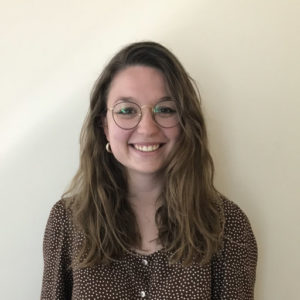
María Guillot
María Guillot, graduated in Biotechnology by Universitat Politècnica de Valencia, MSC in Cytogenetics and Reproductive Biology by Universitat Autònoma de Barcelona. She is currently studying a PhD at Universitat Politècnica de València, her doctoral thesis is related with bone regeneration using piezoelectric polymers for mesenchymal stem cell differentiation into osteoblasts

Panagiotis Karampelas
He works as a teacher in secondary technical education with specialization in computers and design implementation circuits and also the design and development of algorithmic structures. Now days is the Headmaster in VET Secondary School. He has 2 Masters, Ecomomics in Education and In School Managment.
Also, Manage and Organize Erasmus Plus Projects (KA1-KA2) and E-Twinning.
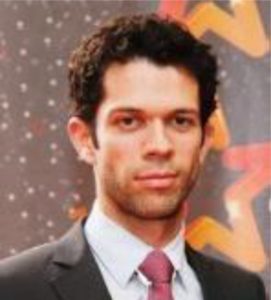
Jivago Nunes
Jivago Nunes have a degree on Optoelectronics and Lasers, and a Master in Materials Engineering, and worked as a scientific researcher during 5 years. After that, he has been the CTO of the company Somatica, Materials and Solutions, Lda. for the last 10 years and, as an entrepreneur, he have created 5 companies during the last 7 years.
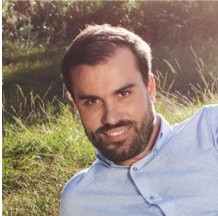
Pedro Martins
Pedro Martins graduated in Physics and Chemistry in 2006 and received the PhD degree in Physics in 2012, from the University of Minho, Braga, Portugal. He is now a Post-Doc researcher in the Physics Center of the University of Minho, Braga, Portugal and his work is focused on polymer-based magnetoelectric/magnetostrictive materials, electroactive and multifunctional polymers for advanced applications.
